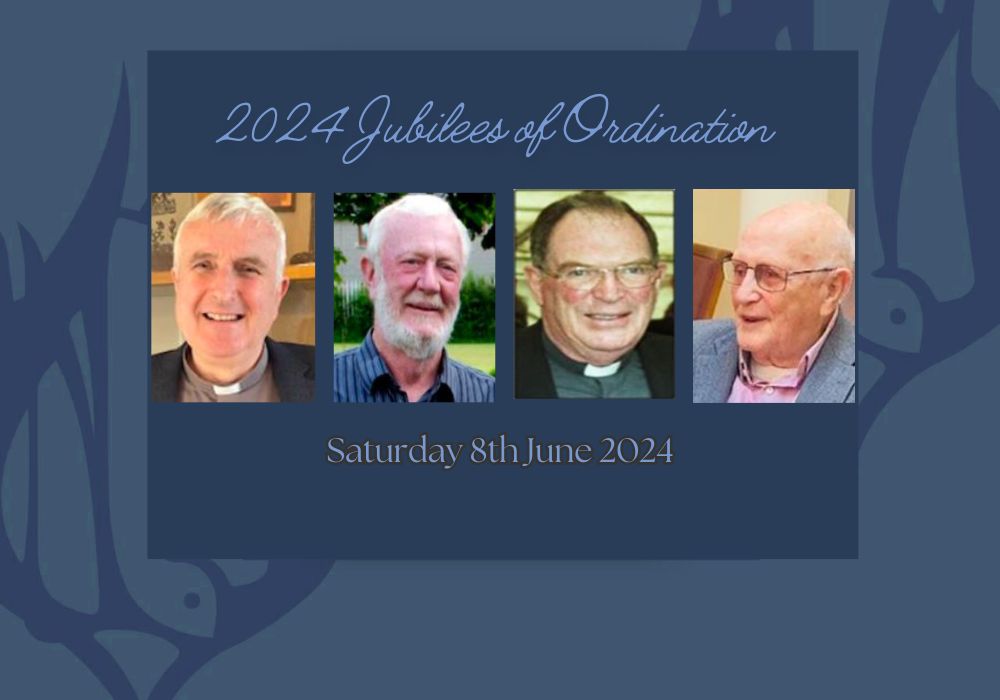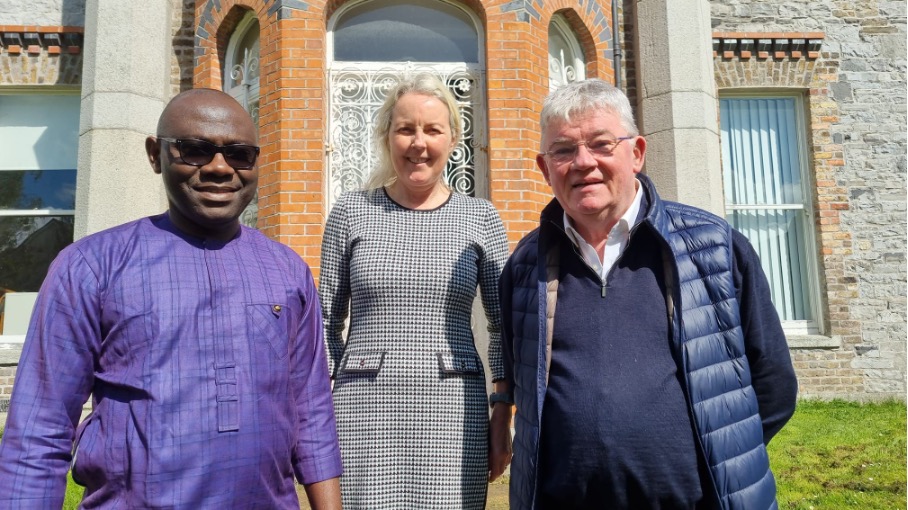I have been very fortunate to have visited Assisi in Italy many times. Walking its narrow, winding streets, one would almost expect St. Francis to come around a corner, such is the palpable spirit of the saint that inhabits this special place.
On one such visit a few years ago, while at Assisi railway station awaiting a train to Rome, I came across a notice promoting the then upcoming World Day of the Poor. It was a communication from the local bishop, prompted by what Pope Francis had written in his message earlier that year, encouraging parishes to mark the day by inviting people in need to a celebration of the Eucharist and to a meal afterwards.
Today marks the seventh annual World Day of the Poor and this year’s theme is: ‘Do not turn your face away from anyone who is poor’ (Tob 4:7). Ongoing wars are swelling further what Pope Francis calls the “great river of poverty” that already exists today. To address the cry of the poor, the Pope calls for effective political action as well as a personal response by all. “We need to seek out and find one another” and re-establish “the just interpersonal relationships that poverty harms”.
The Eucharist, human warmth and hospitality, at the heart of the proposed Assisi initiative, are among the themes of Pope Francis’ messages for World Day of the Poor.
He stresses the importance of drawing close to people in need and not to underestimate the impact of kindness, friendship or even a smile. “The poor are persons; they have faces, stories, hearts and souls,” the Pope writes in this year’s message, “it is important to enter into a personal relation with each of them”.
For Pope Francis, sharing a meal with someone in need on World Day of the Poor would be especially meaningful. “If we were to invite someone to share our Sunday dinner, after sharing in the Eucharistic table, the Eucharist we celebrate would truly become a mark of communion”.
What Pope Francis proposes is challenging as is the example of the saint who especially inspires him, Francis of Assisi, with his extraordinary service of the poorest sisters and brothers of his time. Nevertheless, hardly a day passes without opportunities to turn to someone in need with “a gaze of love”.








